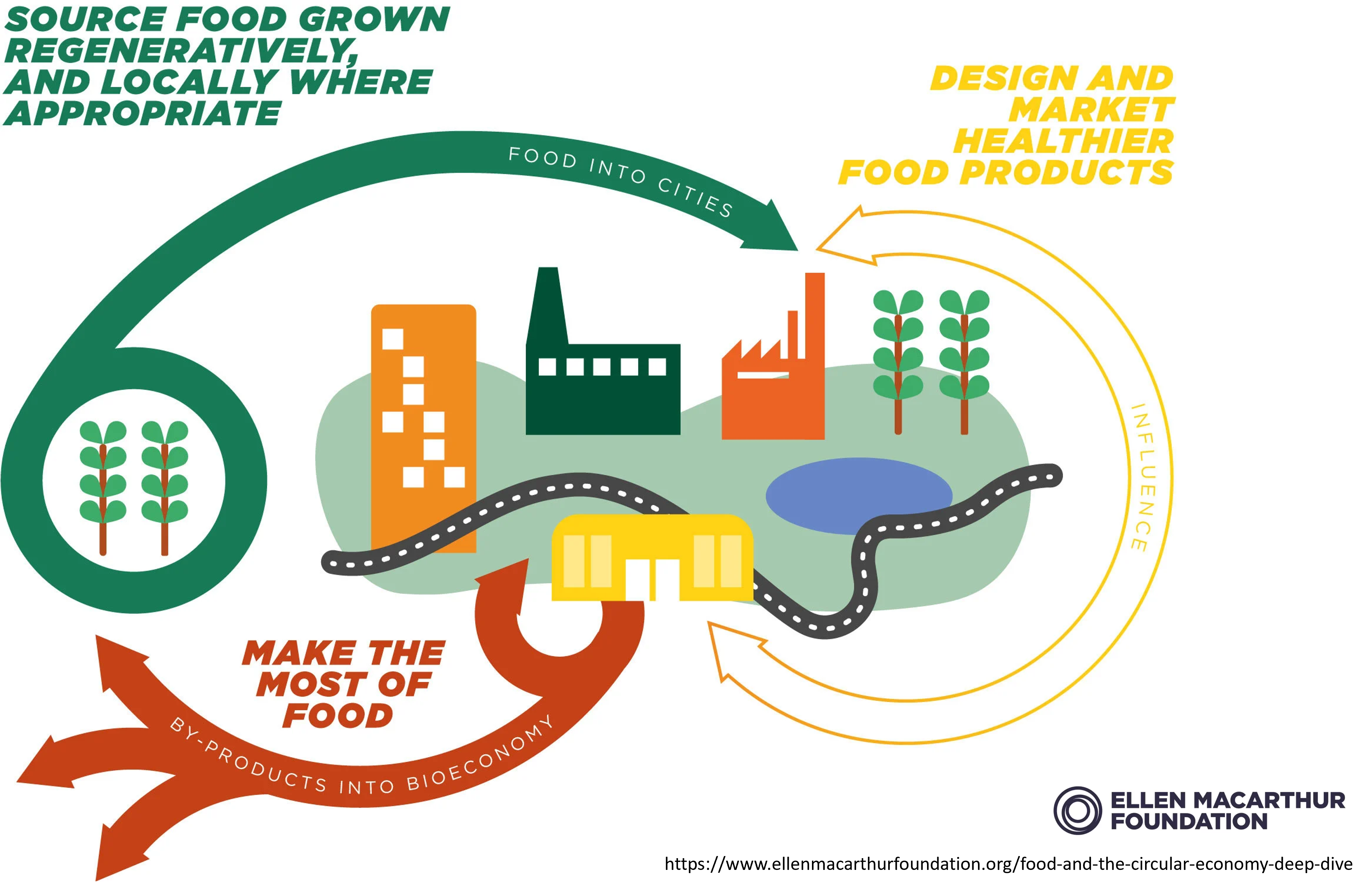
Globally, food systems are of paramount importance for food security, economic development and societies. They are also among the largest users of natural resources such as water, soil, land, biomass, fuels and biodiversity, as well as human labour. Agriculture, land-use change, food processing, consumption trends and food waste are major drivers of overshoot of all planetary boundaries. After completing this module you will be able to define the requirements for sustainable use of natural resources within food systems. Strategies and solutions for resource saving, sustainable use and nutrient cycling at regional, national and international levels will be explored and developed. A life-cycle and closed-loop perspective will be used to assess food systems holistically. This will help to identify hotspots and conflicts within the food value chain, and "win-win" solutions in terms of actors' perspectives and local contexts for a sustainable future of the whole food system.
- ZHAW Teacher: Alice Aubert (N Lehr- und Forschungspersonal)
- ZHAW Teacher: Rolf Krebs (N Professor)
- ZHAW Teacher: Nadina Müller (N Professorin)
